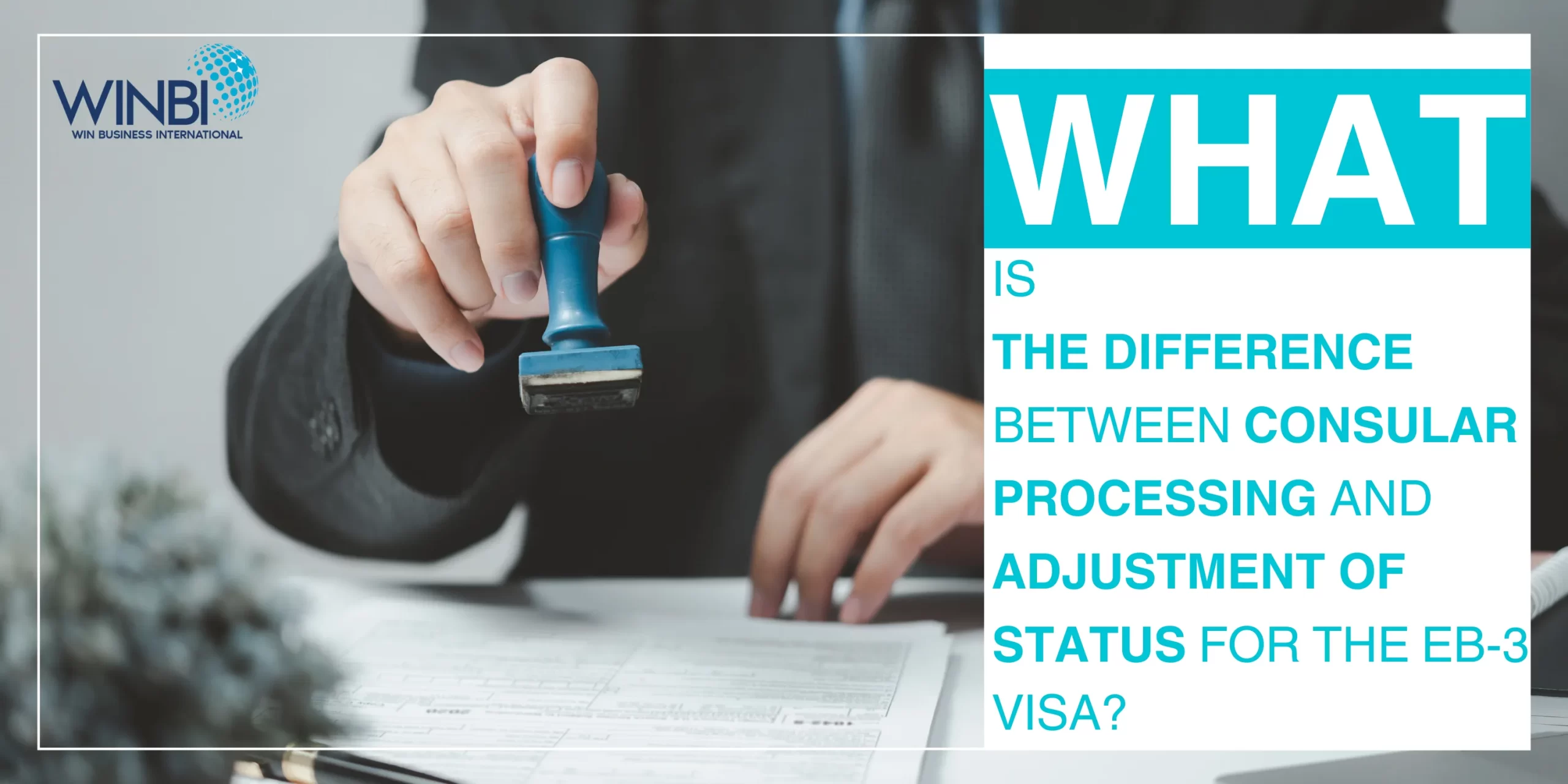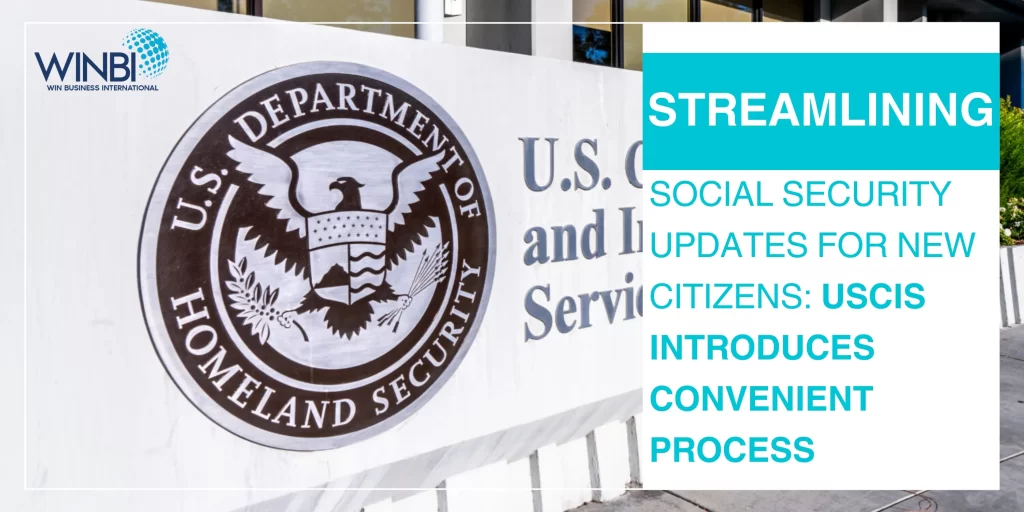When pursuing a green card through the EB-3 Visa Program, applicants have two primary pathways to choose from: Adjustment of Status and Consular Processing. Each option has unique requirements and benefits, and the right choice depends on an applicant’s circumstances. Understanding these processes is essential for employers, staffing agencies, and foreign workers navigating the U.S. immigration system.
What is Consular Processing? What is Adjustment of Status?
Adjustment of Status (AOS)
Adjustment of Status (AOS) is available to individuals who are already physically present in the United States under a nonimmigrant visa or other qualifying situations. This pathway allows applicants to remain in the U.S. while their green card application is processed.
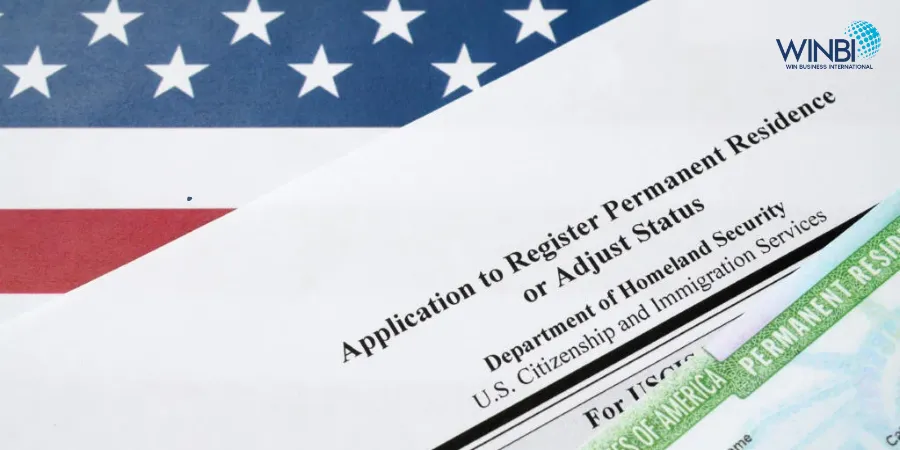
Key steps in the AOS process include filing the following forms with the U.S. Citizenship and Immigration Services (USCIS):
- I-485: Application to Register Permanent Residence or Adjust Status.
- I-765: Application for Employment Authorization (optional, for work eligibility).
- I-131: Application for Travel Document (optional, for travel outside the U.S. while the application is pending).
With AOS, applicants can legally stay in the U.S. and may also apply for work authorization (Employment Authorization Document, or EAD) while waiting for their green card approval. This makes it a convenient option for those already living and working in the U.S. under a valid visa.
Consular Processing
Consular Processing is designed for individuals who are outside the United States or are ineligible for AOS. This pathway involves submitting the DS-260 (Online Immigrant Visa Application) through the Department of State’s Consular Electronic Application Center (CEAC).
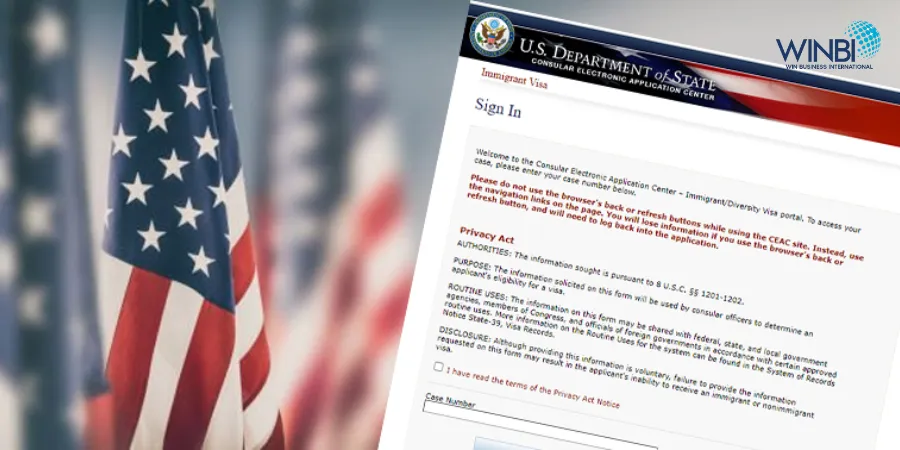
After filing the DS-260, applicants must attend an interview at the U.S. embassy or consulate in their home country or current country of residence. If approved, they are issued an Immigrant Visa (IV), which allows them to travel to the U.S. within six months and obtain their green card upon arrival.
Key Differences Between Adjustment of Status and Consular Processing
While both Adjustment of Status and Consular Processing lead to obtaining a green card, the processes differ significantly in terms of location, procedures, and practical implications.
| Aspect | Adjustment of Status (AOS) | Consular Processing |
| Location | For applicants already in the U.S. | For applicants outside the U.S. |
| Filing Process | File I-485 with USCIS | File DS-260 through the Department of State |
| Work Authorization | Can apply for work authorization (EAD) | Work begins only after entry with a green card |
| Travel | Can apply for a travel document (I-131) | Restricted travel until obtaining a visa |
| Timeline | Processing times depend on the USCIS workload | Often faster, dependent on consulate availability |
| Interview Location | USCIS office in the U.S. | U.S. embassy or consulate in the home country |
| Residency Requirement | Must already reside in the U.S. | Must reside outside the U.S. until approved |
Eligibility for Adjustment of Status
Certain nonimmigrant visa holders may be eligible to adjust their status to permanent residence (green card) through the EB-3 program.
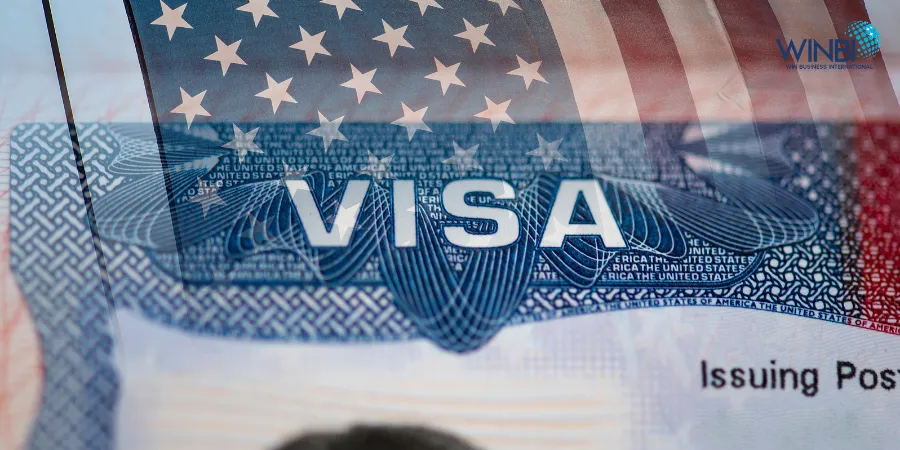
Here are common visa categories that may qualify:
1. Employment-Based Visas:
- H-1B: Specialty Occupation Workers.
- L-1: Intracompany Transferees.
- O-1: Individuals with Extraordinary Ability.
- E-1/E-2: Treaty Traders or Investors.
2. Student Visas:
- F-1: Academic Students.
- J-1: Exchange Visitors (if not subject to the two-year residency requirement).
3. Other Nonimmigrant Visas:
- TN: NAFTA Professionals.
- O-2: Support Personnel for O-1 Visa Holders.
- P: Athletes, Artists, and Entertainers.
4. Dependent Visas:
Spouses of nonimmigrant visa holders (e.g., H-4 or F-2) may apply as principal applicants for AOS if they meet the EB-3 requirements.
It’s essential to evaluate eligibility on a case-by-case basis. At Winbi LLC, we provide personalized guidance to help individuals determine their eligibility and navigate the application process effectively.
Consular Processing and Priority Dates
For applicants pursuing Consular Processing, visa availability is determined by Priority Dates. This system ensures that green card applications are processed based on the applicant’s country of birth and the visa category’s annual quotas.
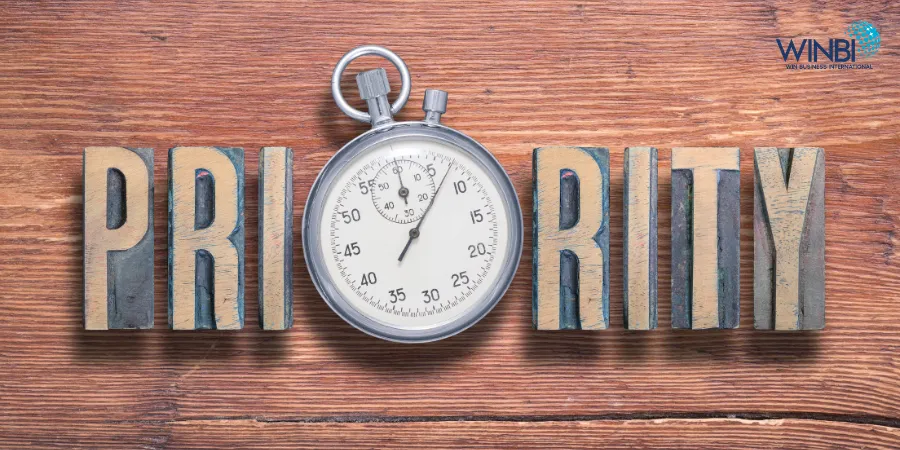
Understanding Backlogs
- Applicants from countries with high demand, such as India, China, and the Philippines, may face significant delays due to visa backlogs.
- If a country’s Priority Date is not current, applicants cannot file an Adjustment of Status application and must wait in their home country until the date becomes available.
For example, an F-1 visa holder from India may need to process their EB-3 application through Consular Processing and could face a decade-long wait due to backlogs.
Cross-Chargeability: A Key Strategy
The Cross-Chargeability Rule provides an exception to the country of birth requirement. If an applicant’s spouse was born in a country with a faster green card timeline, they may use their spouse’s country of birth to gain quicker processing.
For instance: An applicant born in India (with significant backlogs) married to someone born in France (with no backlogs) can apply under their spouse’s country of birth for faster visa availability.

Choosing the Right Pathway
Selecting between Adjustment of Status and Consular Processing depends on the applicant’s current location, visa type, and individual circumstances. Here’s a brief guide:
Choose Adjustment of Status if:
- You are already in the U.S. under a qualifying nonimmigrant visa.
- You wish to work in the U.S. while your application is processed.
- You want to avoid traveling outside the U.S. during the application process.
Choose Consular Processing if:
- You are outside the U.S. or ineligible for AOS.
- Your Priority Date is current and you want a potentially quicker processing timeline.
- You prefer to complete the application process through your local U.S. consulate.
Why Choose Winbi LLC?
At Winbi LLC, we specialize in assisting employers and staffing agencies fill critical labor shortages with highly qualified foreign workers. Whether navigating the Adjustment of Status process or managing Consular Processing requirements, our experienced team ensures a smooth and efficient journey toward obtaining green cards.
Here’s how we can help:
- Comprehensive guidance on immigration pathways.
- Expert assistance in filing forms (I-485, DS-260, etc.).
- Tailored support to address visa backlogs and country-specific challenges.
- Strategic advice on leveraging cross-chargeability for faster processing.
Both Adjustment of Status and Consular Processing offer viable pathways to securing a green card through the EB-3 program. While AOS is suitable for individuals already in the U.S., Consular Processing is ideal for those applying from abroad. Understanding the differences and requirements of each process is essential for making an informed decision.
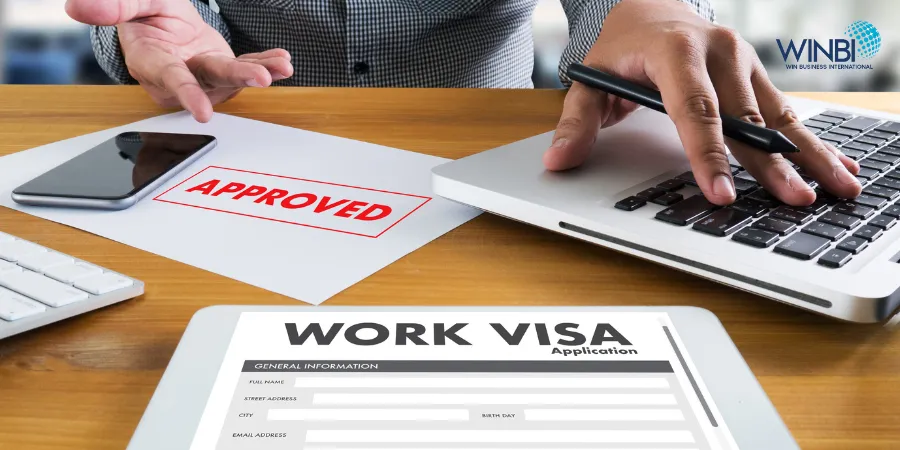
For employers and foreign workers seeking expert assistance, Winbi LLC is your trusted partner. Contact us today to explore your options and achieve your workforce goals with confidence.
